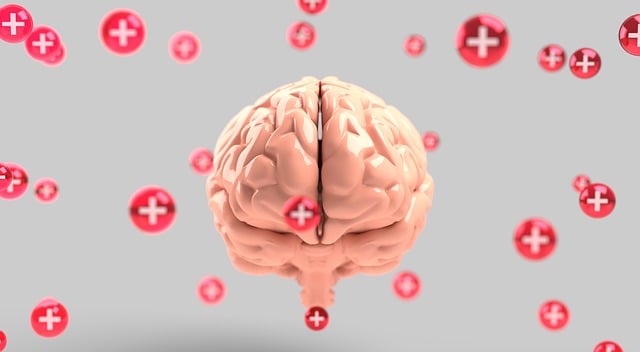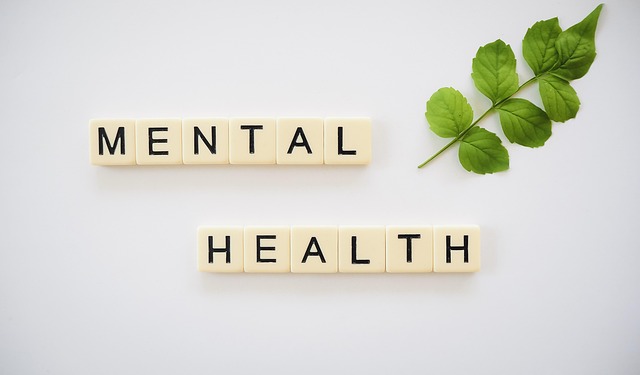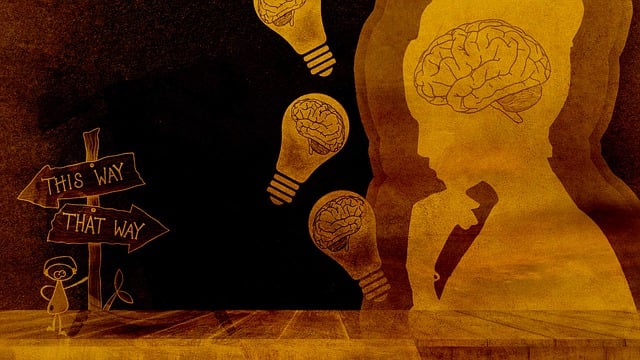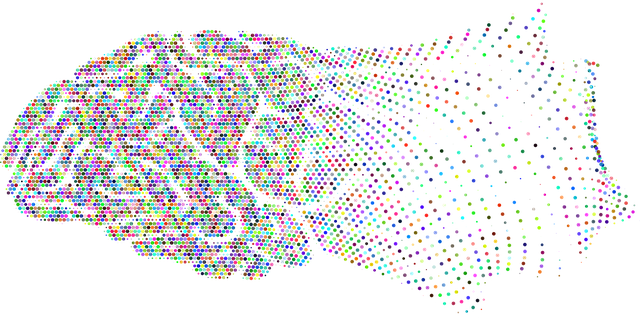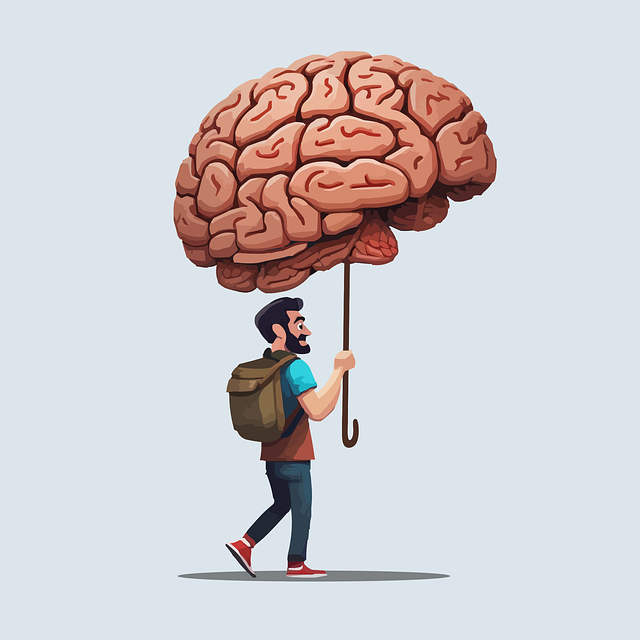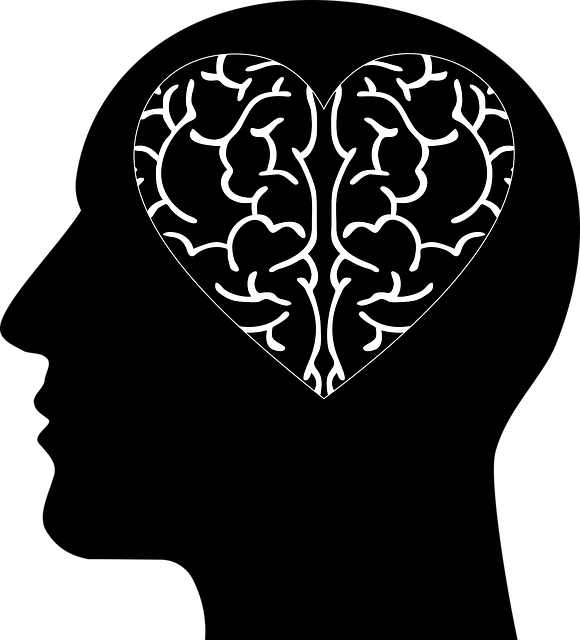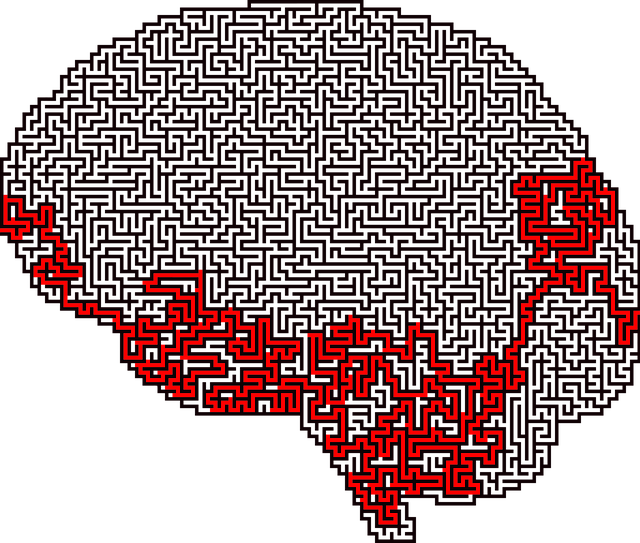The stigma around mental illness severely obstructs access to therapy for young adults who have experienced domestic violence, fueled by internalized shame and fear. To combat this, a comprehensive strategy involving mental wellness awareness, inclusive policy advocacy, community engagement, and counseling is essential. Therapy serves as a crucial tool, offering safe spaces for individual and group sessions that teach emotional regulation, coping skills, and mindfulness practices. By fostering compassion and self-acceptance, therapy aids in healing and resilience building. Support systems, integrated social skills training, and holistic approaches further reduce stigma, empowering survivors to challenge societal norms and seek early intervention for depression prevention.
Mental illness stigma remains a significant barrier to young adults seeking help. This article explores strategies to reduce this obstacle, focusing on its profound impact on youth mental health. We delve into the power of therapy as a catalyst for change and examine the critical role support systems play in cases of domestic violence, providing hope and resources for those facing dual challenges. By understanding stigma and implementing effective countermeasures, we can foster a more inclusive society where young adults feel empowered to prioritize their mental well-being.
- Understanding Stigma and Its Impact on Youth Mental Health
- Strategies for Breaking Down Barriers: Therapy as a Catalyst
- The Role of Support Systems in Domestic Violence Cases and Stigma Reduction
Understanding Stigma and Its Impact on Youth Mental Health

Stigma surrounding mental illness can have a profound impact on young adults’ willingness to seek help. This is especially true for those who have experienced domestic violence, where additional trauma can exacerbate existing mental health concerns. The internalized shame and fear associated with stigma often prevents youth from discussing their struggles openly, hindering access to much-needed therapy and support systems.
Reducing this stigma requires a multifaceted approach. It involves not just increasing awareness about mental wellness but also advocating for inclusive Mental Health Policy Analysis that addresses the unique needs of vulnerable populations, such as young adults recovering from domestic violence. Fostering inner strength development through counseling and community engagement can empower individuals to challenge societal perceptions, seek therapy without hesitation, and ultimately prioritize their mental health.
Strategies for Breaking Down Barriers: Therapy as a Catalyst

Stigma reduction efforts often begin with therapy as a powerful catalyst for change. For young adults facing mental illness, individual or group therapy sessions can provide a safe space to explore and understand their experiences. Through structured guidance, they learn valuable emotional regulation skills and gain insights into their thoughts and behaviors. Therapists can offer tailored exercise guidance from cognitive-behavioral techniques to mindfulness practices, empowering clients to manage symptoms effectively.
Addressing the intersection of mental wellness and complex issues like domestic violence is crucial. Therapy becomes a tool not only for healing but also for building resilience. By incorporating compassion cultivation practices, individuals can develop a deeper sense of self-acceptance and empathy, breaking down barriers and fostering an environment where support networks can thrive. This holistic approach ensures that young adults receive the necessary tools to navigate their mental health journeys with dignity and understanding.
The Role of Support Systems in Domestic Violence Cases and Stigma Reduction

In domestic violence cases, support systems play a pivotal role in stigma reduction efforts surrounding mental illness. Many survivors of intimate partner violence experience heightened levels of trauma, anxiety, and depression, often requiring therapy for young adults to address these complex issues. By fostering an environment of understanding and empathy, support systems can help de-stigmatize mental health struggles among survivors. This is crucial as mental health policy analysis and advocacy efforts push for improved access to care, ensuring survivors receive the necessary treatment without fear of judgment.
Social skills training, integrated into therapeutic practices, empowers survivors to navigate their journeys with resilience. By learning coping mechanisms and building healthy relationships, individuals can challenge societal norms that contribute to stigma. This holistic approach not only facilitates healing but also strengthens support networks, creating a supportive ecosystem that encourages open conversations about mental health. This, in turn, contributes to depression prevention strategies, as early intervention and education become more accessible within these intimate circles.
Mental illness stigma is a significant barrier to young adults seeking therapy, particularly in cases of domestic violence. By understanding the profound impact of stigma on mental health and implementing strategies that foster open dialogue and supportive systems, we can create a more inclusive environment. Therapy serves as a powerful catalyst for recovery, offering young adults the tools to navigate challenging situations and break free from cycles of abuse. Empowering individuals through education, advocacy, and access to quality care is crucial in reducing stigma and promoting healing for those affected by domestic violence.
